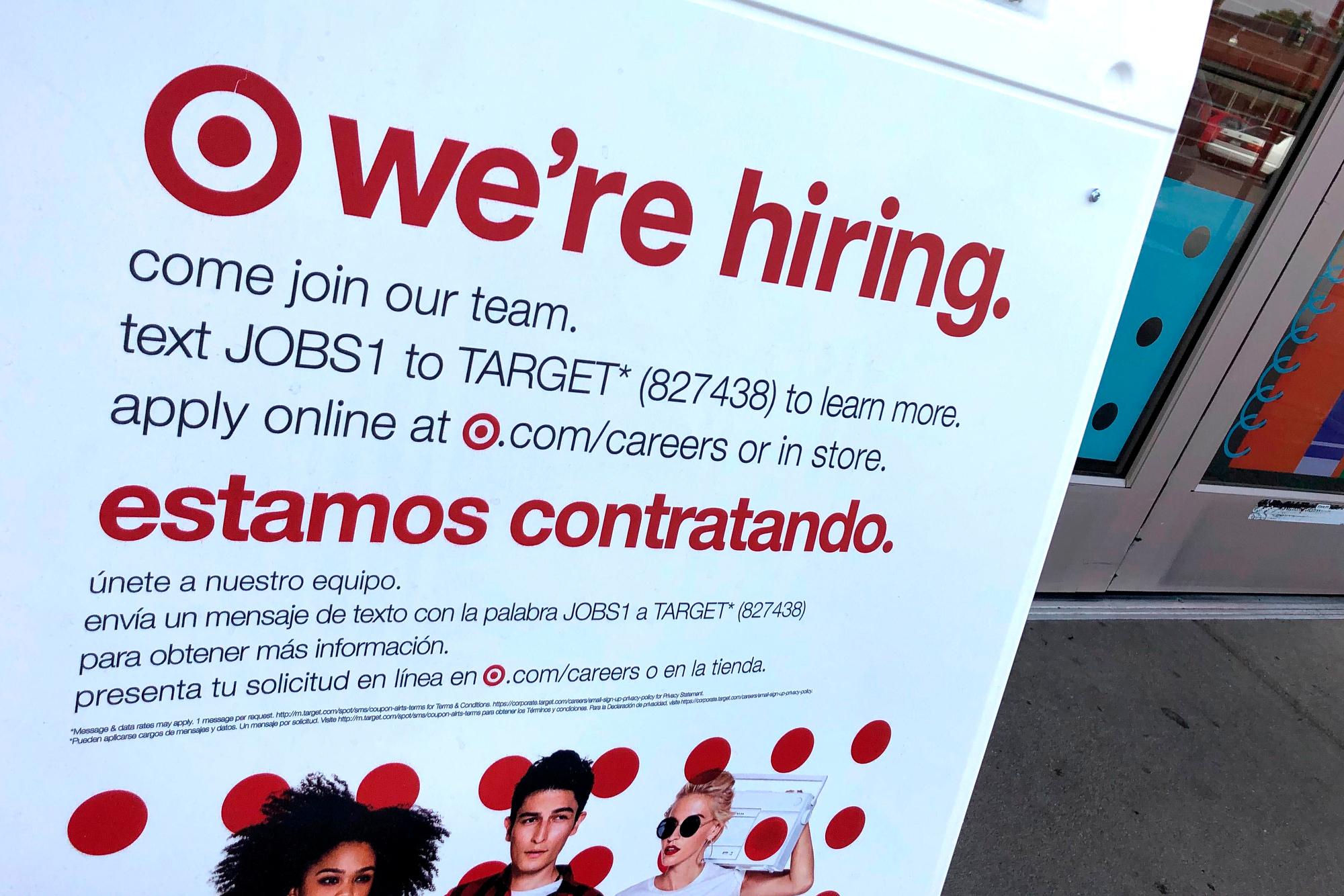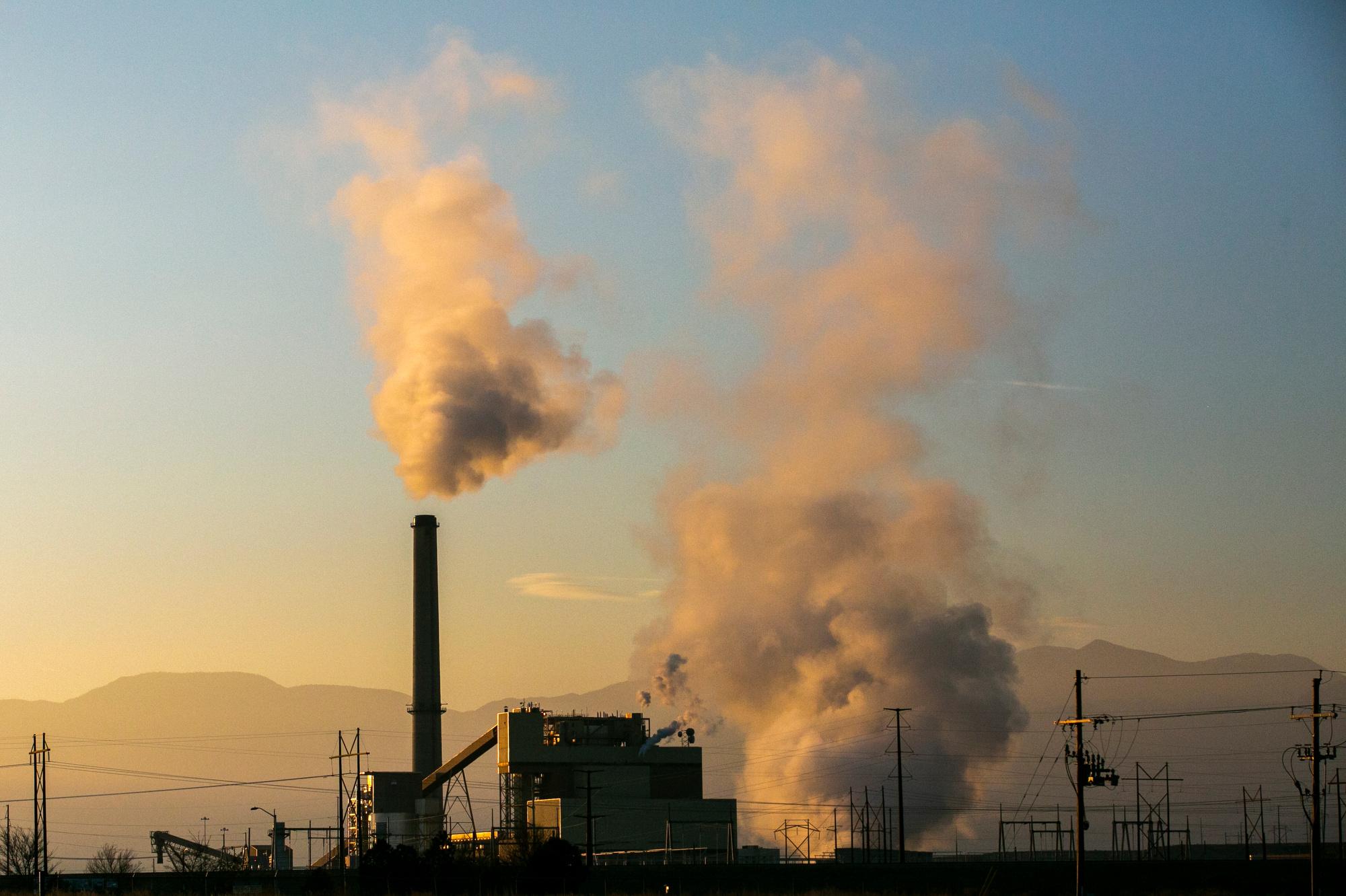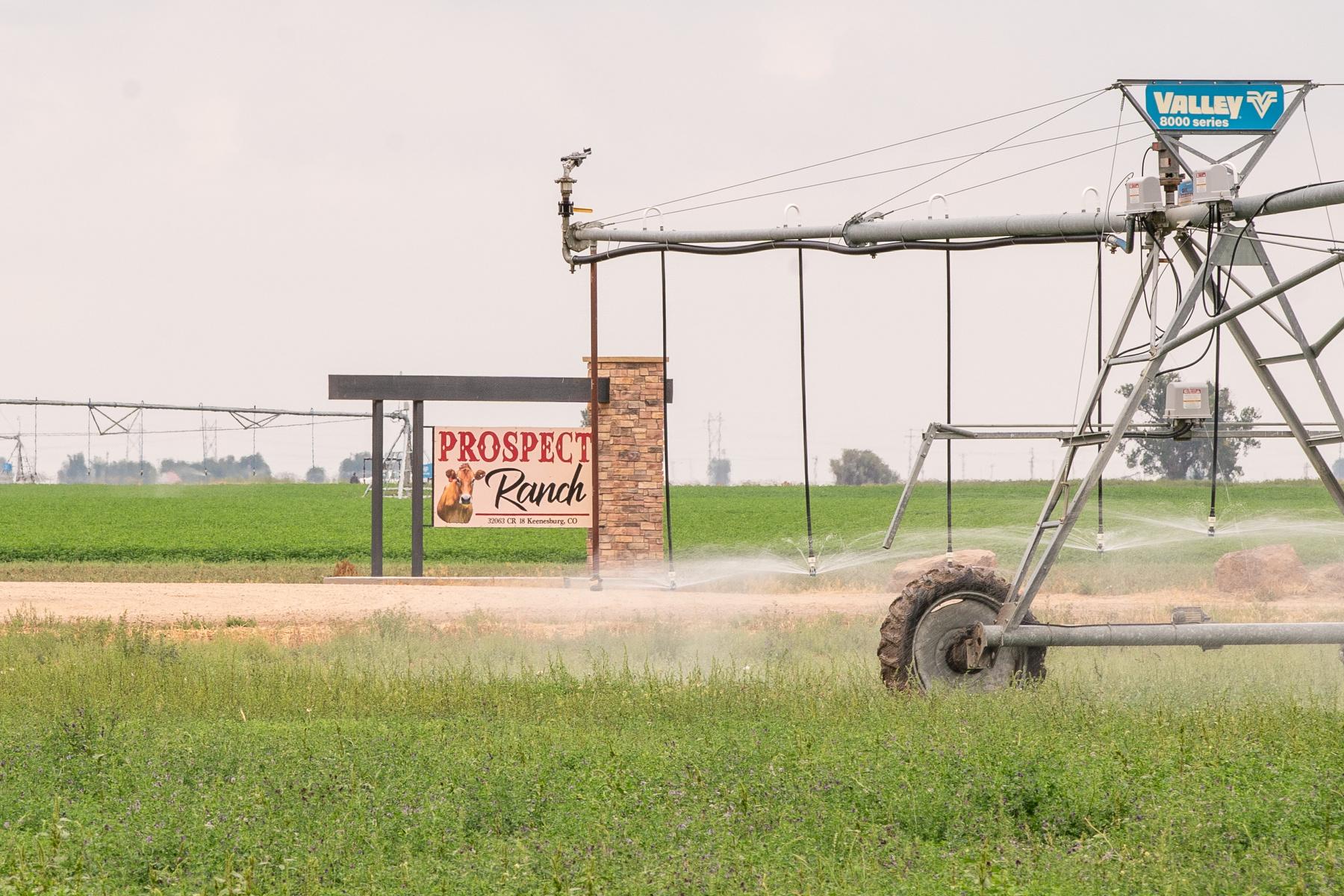
Colorado is still adding jobs, but the growth is uneven.
The state gained 4,800 jobs in July when compared to last year, according to preliminary information collected by the U.S. Bureau of Labor Statistics. Meanwhile, the unemployment rate, while up from post-pandemic lows, is still relatively low at 3.9 percent.
That’s all good news for Colorado job seekers. But that is not the whole story, and it’s not all good news.
Denver, Colorado’s biggest population center and a major driver of economic growth, has lost 9,600 jobs during the past year, the data show. It’s the only metropolitan area in the state that’s losing jobs. Boulder and Colorado Springs both added more than 6,000 jobs.
"I don’t think the data suggests that Denver’s imploding. I think that it’s kind of a wait-and-see," said Tim Wonhof, a program manager with Colorado’s Labor Market Information Team. "It does say a lot about what has happened during the pandemic and how we are coming out of it … Are people seeing Denver as the place to work? A lot of people come in and there's not many people downtown, and I think that is a factor that we're certainly dealing with.”
It’s useful to look at what kinds of jobs Denver is losing. Construction jobs are way down, a trend that started late last year. That could be due to the end of Denver’s multiyear apartment building boom, Wonhof said.
Denver’s also losing jobs in leisure and hospitality lately, even though the state as a whole is adding jobs in that industry. The overhaul of the 16th Street Mall likely isn’t helping hiring at restaurants in the area, according to Wonhoff.
“If you're on the mall right now, who wants to sit in a restaurant that's got construction right outside the door? I think the sooner they finish that the better,” Wonhof said.
The spike in the cost of living in recent years is also a drag on the area’s employment, according to Paula Cole, an economist at the University of Denver. High housing costs, in particular, can keep people from moving to Denver, or push people to move away. Costs have been rising across Colorado, but not to the same extent as in Denver.
“I think Denver in particular is struggling with that piece,” Cole said.
Wonhof isn’t worried about Denver just yet. The numbers could change as more information comes in as the year progresses. The data from the federal government is frequently revised.
But Denver’s lackluster employment statistics have persisted for several months, which implies it’s more than a temporary blip.
“I’m definitely monitoring Denver. It’ll continue to be a point of interest,” Wonhoff said. “If you look at it compared to pre-pandemic, it's not really the same place.”









